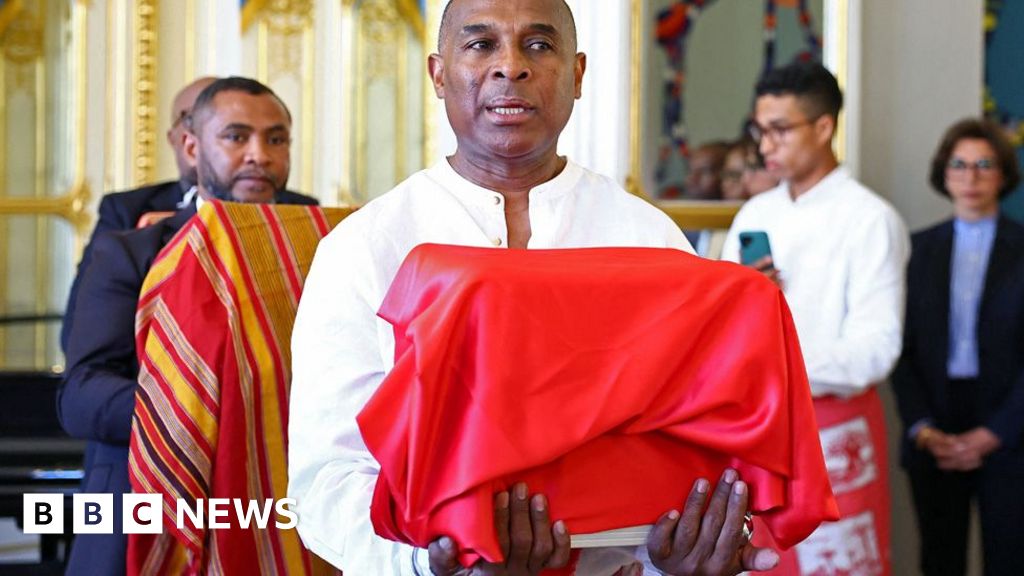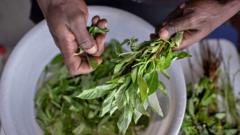Ivory Coast is celebrating its national dish, attiéké, which has recently been bestowed with UNESCO cultural heritage status, joining esteemed gastronomic contenders like Japanese sake and Caribbean cassava bread. But what exactly gives attiéké its allure? As a first-time culinary enthusiast, I remember the lively street vendors who would chant “Attiéké chaud!” echoing through my childhood neighborhood, showcasing this beloved local staple.
Many years later, the sight of women delivering fresh portions of this fermented cassava dish remains a constant in Abidjan, the bustling capital. Serving as a hearty alternative to rice, attiéké has become a fundamental presence in eateries of all kinds, from street stalls to upscale restaurants. Its popularity transcends boundaries, appearing in various forms across West Africa, particularly in nearby Ghana and Sierra Leone.
The secret to attiéké’s distinctive taste lies in its fermentation process, where grated cassava is dried and steamed. Ivorian chef Rōze Traore describes its texture as “fluffy yet granular, akin to couscous,” while others reflect upon its tangy essence that complements rich, spicy sauces beautifully. Paule-Odile Béké, a renowned chef known for her prowess on Masterchef: The Professionals, captures this quality succinctly with the words “sour, zingy, and sweet.”
Flexibility in serving options is another attractive feature of attiéké. Most often paired with grilled meats and a zesty tomato-based sauce, it has found a place at everyday meals as well as special celebrations. Though traditionally reserved for festive occasions, it is now a beloved staple enjoyed daily amidst a backdrop of familial gatherings. The culinary traditions handed down through generations are now protected, ensuring the authenticity of this essential dish.
Even after leaving Ivory Coast at age 14 during a tumultuous civil crisis, my love for attiéké remained unyielding. Days spent hunting for authentic packages or eagerly awaiting family to deliver them from afar have forged an undeniable connection to my roots. Whenever I meet fellow Ivorians, the question is always the same: “Where can I find attiéké?”
Chef Charlie Koffi aptly states that “attiéké is a dish that symbolizes togetherness.” This connection resonates particularly well, as it is often enjoyed in collective settings—with friends and family gathered around large portions and sharing laughter, drinks, and stories. For many, attiéké evokes fond memories tied to childhood and the warmth of family gatherings amid a shared cultural history.
Upon returning to Ivory Coast after my schooling abroad, I was reminded of its regal status in Ivorian cuisine, often accompanied by kedjenou, a smoky stew bursting with local flavors. Global influences have certainly enriched attiéké’s presentation, but its authenticity remains intact.
With the recent UNESCO recognition, attiéké is set to gain visibility beyond its home shores, inviting more people to explore the delicious flavors of Ivory Coast—one bowl at a time.























